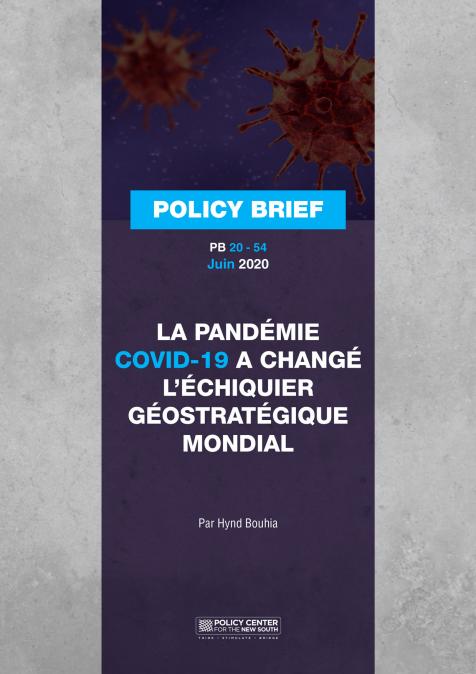Publications /
Policy Brief
Au début de la pandémie, les chefs d’Etat faisaient encore confiance à la science et à la médecine pour trouver un remède aussi rapide que le monde digital où nous vivons. Après plusieurs semaines passées, avec le nombre croissant des personnes impactées et des morts cumulés, le sérieux et l’urgence se sont accaparés des politiciens et des preneurs de décisions. Certains pays se sont cachés derrière un jeu de blâme envers la Chine, sachant que cela ne changerait pas la réalité. D’autres, ont fait preuve d’une réelle agilité dès le tout début de la crise, notamment ceux dirigés par des femmes leaders. La pandémie a également impacté l’écosystème et a démontré que la mobilisation contre le changement climatique reste toujours une priorité. Enfin, le monde a besoin d’un changement fondamental profond, moins en termes géostratégique, mais plus civilisationnel, pour sauver l’humanité et la planète.





